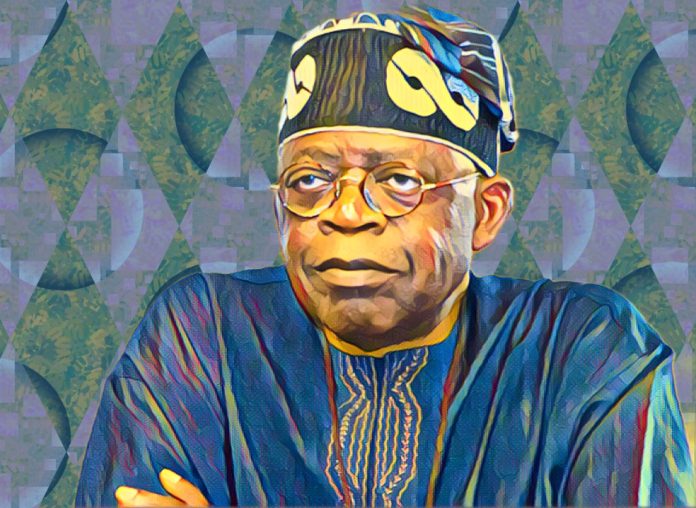In a recent interview with The Sun Nigeria, Abdul-Azeez Adediran, widely recognized as Jandor, who contested for the Lagos State governorship under the Peoples Democratic Party (PDP) banner in the 2023 elections, shared his insights on the current political landscape and the challenges facing Nigeria. Adediran addressed the internal dynamics within the PDP, the economic hurdles confronting the nation, and his expectations from President Bola Tinubu’s administration.
Adediran refuted claims of expelling party members, clarifying that certain individuals had effectively removed themselves from the PDP by publicly endorsing candidates from other parties during the elections. He emphasized the importance of realigning the party with like-minded members to rejuvenate its structure and leadership. Drawing from his personal electoral experience, he highlighted the significance of leadership effectiveness, criticizing long-standing party figures like Chief Olabode George for failing to secure electoral victories in their constituencies.
Turning his focus to President Bola Tinubu’s tenure, Adediran articulated the need for a comprehensive reassessment of the administration’s approach to economic management. Citing the continuous adjustments in foreign exchange policies by the Central Bank of Nigeria (CBN) without tangible outcomes, he called for the President to seek external expertise. He reminisced about the successful tenure of former President Olusegun Obasanjo, who incorporated globally recognized Nigerian talents like Ngozi Okonjo-Iweala and Nasir el-Rufai into his administration, achieving significant economic reforms and debt relief.
Adediran urged President Tinubu to expand his advisory circle beyond long-standing associates, drawing parallels with Obasanjo’s strategy of enlisting external professionals to bolster governance. He stressed that the current economic strategies, particularly in addressing inflation and the high cost of living, are misdirected. The substantial increase in fuel prices since Tinubu’s inauguration, juxtaposed with stagnant wages, has drastically eroded the purchasing power of Nigerians, exacerbating the cost of living crisis. Adediran called for a recalibration of policies to alleviate the economic pressures faced by citizens.
As Nigeria grapples with mounting economic challenges, Adediran’s call for a “reset button” in governance underscores the urgency for innovative solutions and a collaborative approach to policymaking. His critique extends beyond party politics, highlighting a shared responsibility among Nigeria’s leaders to foster sustainable development and improve the welfare of the populace. The dialogue initiated by Adediran serves as a poignant reminder of the complexities of governance and the imperative for inclusivity and adaptability in navigating Nigeria’s path forward.
This conversation with Abdul-Azeez Adediran not only sheds light on the intricate dynamics within the PDP but also casts a spotlight on the broader socio-economic issues confronting Nigeria. It reflects a moment of introspection for the country’s political and economic leaders, emphasizing the necessity of unity, innovation, and resilience in steering Nigeria towards a prosperous and equitable future.



